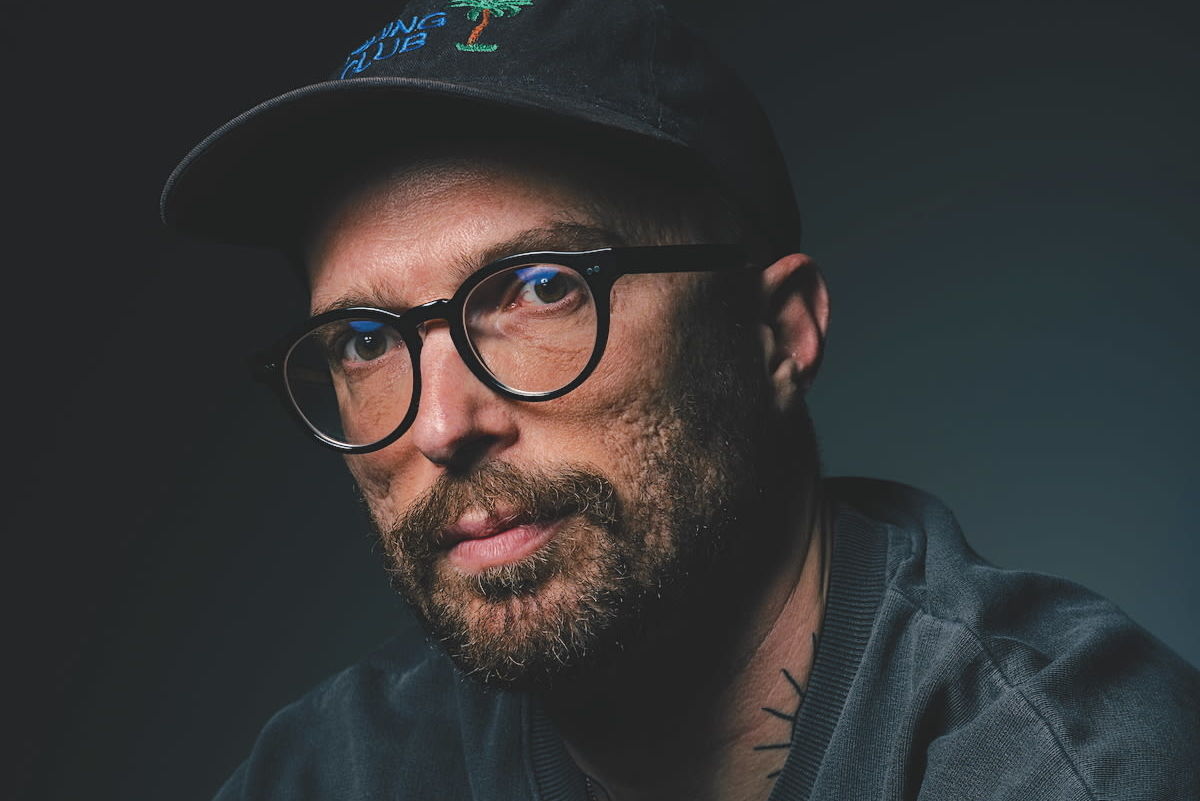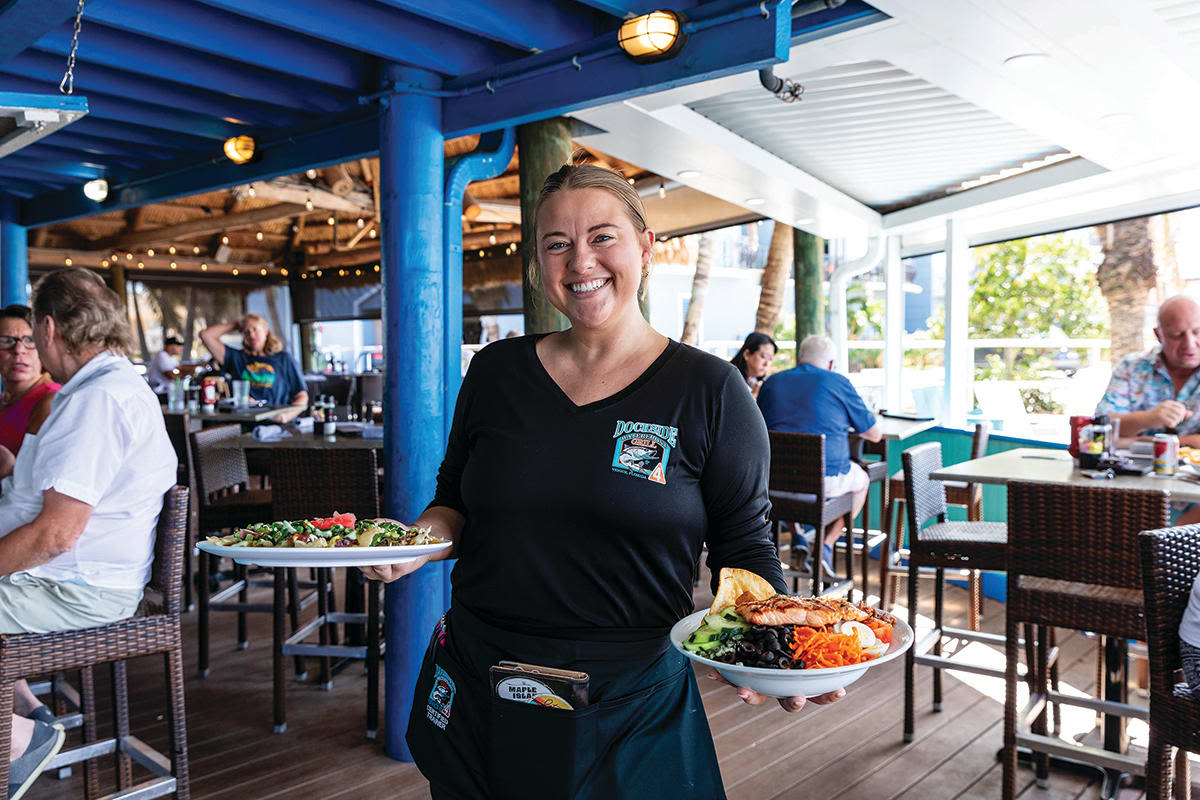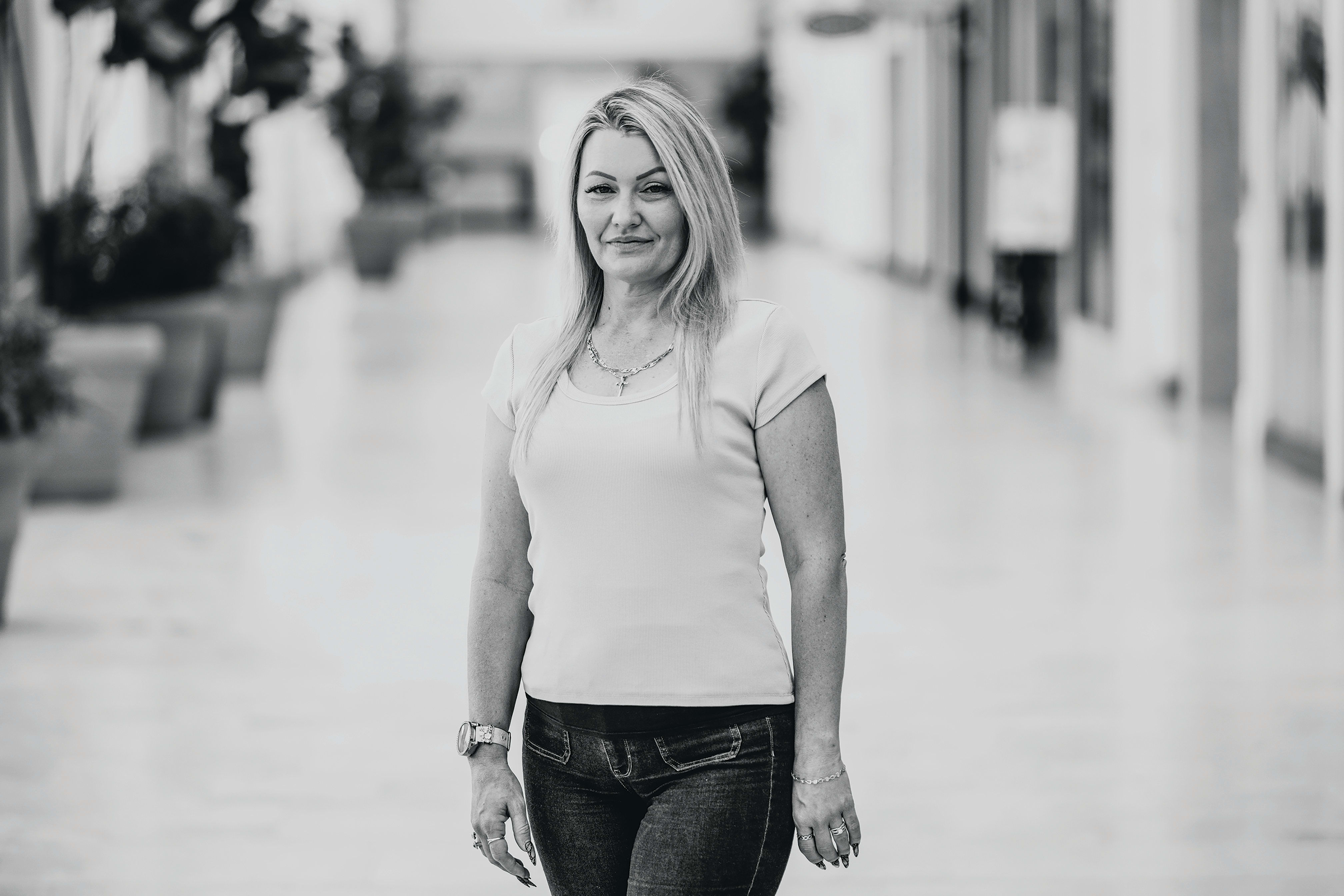With His New Book, Donald Antrim Wants to Change How We Think About Suicide
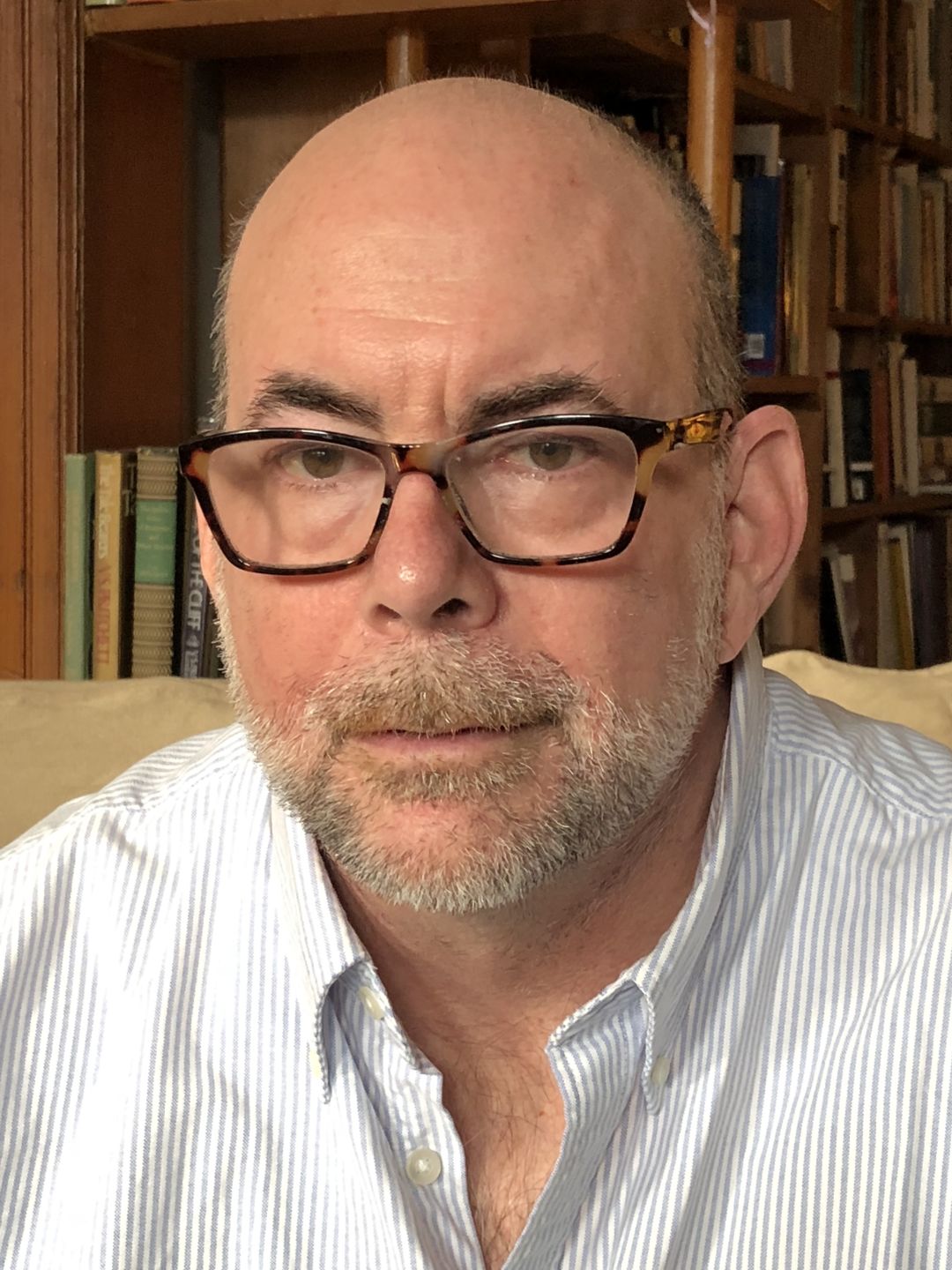
Donald Antrim.
Image: Marija Ilic
This story contains discussions of suicide. If you or someone you know is in crisis, call the National Suicide Prevention Lifeline at (800) 273-8255 or text HELLO to 741741. Both services are free, confidential and available 24 hours a day.
In February 2019, The New Yorker published a first-person account of what it called a "journey through suicide" by Donald Antrim, a novelist and short story writer who was born in Sarasota in 1958 and had written about his time in the city and his parents' upbringing in Sarasota in his 2006 memoir, The Afterlife.
The New Yorker story was harrowing—a detailed description of Antrim's near-suicide in Brooklyn in April 2006 and his subsequent hospitalizations and experiences with treatments like electroconvulsive therapy. Antrim has since expanded that essay into book form. His brave, moving new memoir, One Friday in April: A Story of Suicide and Survival, will be released on Tuesday, Oct. 12. In it, he seeks to reframe our understanding of suicide.
"When telling the story of my illness, I try not to speak about depression. I prefer to call it suicide," he writes. "Suicide is a natural history, a disease process, not an act or a choice, a decision or a wish. I do not understand suicide as a response to pain, or as a message to the living. I do not think of suicide as the act, the death, the fall from a height or the trigger pulled. I see it as a long illness, an illness with origins in trauma and isolation, in deprivation of touch, in violence and neglect, in the loss of home and belonging."
Antrim spoke with Sarasota Magazine in July about his motivations for writing the book and about his new understanding of suicide. The interview has been condensed and edited for clarity.
How did you decide that your experience was something that you were willing to write about, or that you wanted to write about?
"There came a point when I felt that I had a kind of obligation to write about it. I thought about it so much. It was such a big part of my life. There's a literature of depression that's quite large, but there wasn't much that I could find that really spoke to my experience.
"When I was in the hospital, I had this day or two days or three days when I felt like I noticed the physical symptoms in a very minute sense. I noticed the way the hairs on my arms felt when I got up to move. And I began to wonder how I would describe that—would there be a special way of writing that could describe the psychotic state of depression, or, as I'm calling it in the book, suicide?
"When I got back to writing, I fiddled around with it some, but I couldn't really come up with anything. It took a long time for me to realize, but I finally came to the idea that the only language for this was something very clear. It was clarity. And I wanted to do it. I wanted to write as far as I could into the physical symptomatology of this illness.
"Having written memoir before and survived it, I felt that I could do this. I didn't really feel any compunction about the exposure that I was risking. I just felt that I wanted to tell the story, and I felt at a certain point that I had an obligation to do it. I had access to The New Yorker. I had print. I had people to help me out with it. And I thought, 'If I don't do this, then who's going to do it?'
"Once I began, it was exhilarating. I felt proud. After all the mess I've been through, to do something that might have some meaning to other people was a real privilege".
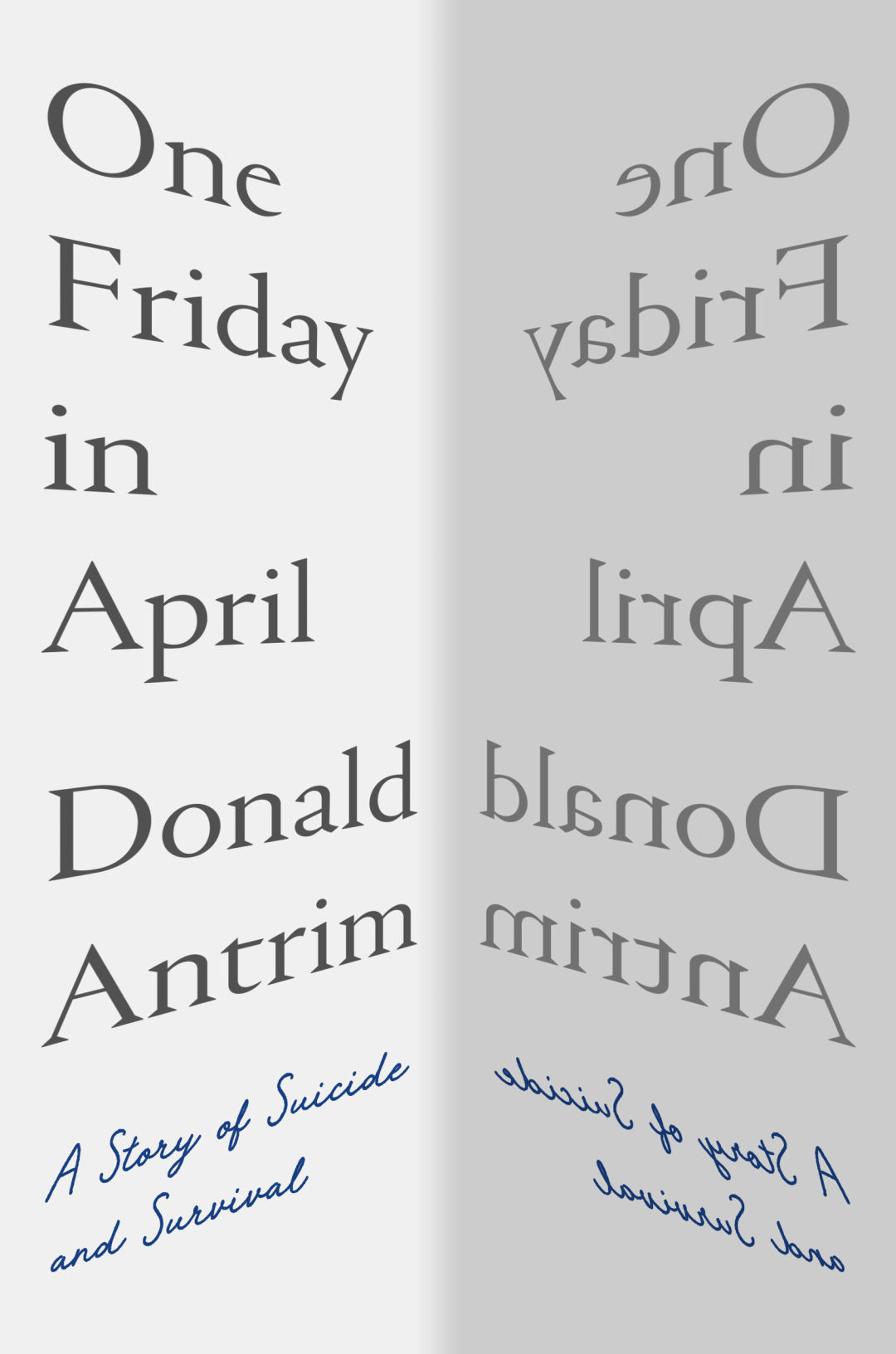
The cover of Donald Antrim's One Friday in April: A Story of Suicide and Survival, which will be released on Tuesday, Oct. 12.
Image: Courtesy Photo
At times in the book, it seems like you're directly addressing a reader who might be in crisis. As you were writing, were you thinking specifically about who you were trying to reach with this book?
"I want to reach anybody who picks it up, but I wanted it to be something that would be available to someone in crisis, as well. So I felt that it should be fairly short, compact, and that it should drive forward. I did have a sense of who I was writing for, but again, with the idea of clarity. The clear description should make it available to anyone.
"So many of us have brushes with or some kind of experience with this illness, or we know someone who did, or someone in our family has, or someone we've gone out with—so really just about anybody's got some stake in it, I think."
Were you taking notes as this happened? Or how were you able to recreate your specific symptoms?
"Well, I never really got rid of them. I don't have them right now, but I've had little regressions and reminders of the symptoms over the years. So I had a strong memory of it all, because it went on for so long.
"I didn't take notes when I was in the hospital. I never really took notes on it until later. But as I was writing, I re-experienced some of it again, maybe as a function of writing and having that memory. I had a few crises and reminders of the strength of it. It's a very powerful illness.
"And I've talked to a lot of people. You fall into a community. There I was [in the hospital] with other people. We talked about our symptoms. And I have read the work of other people who have gone through it. So I felt like I was describing, if not absolutely universal symptoms, certainly not uncommon ones: the pressure on the chest, the heaviness in the head and the shoulders, the inability to smile. All of these things are fairly common, but to describe them seemed important, to make an inventory of that seemed important. The idea was to be as close to the physicality as possible."
Your previous memoir, The Afterlife, is mostly about your mother, and it was written shortly after her death. In the new book, you write that The Afterlife was written "too soon for writing to be safe." Has your experience with the new book been different from what you experienced with that previous book?
"It was too close. With The Afterlife, I rushed right into that. I published it serially, piece by piece, in The New Yorker. And each time I finished one of those pieces, going through publication, I had so much anxiety I just wanted to hide under the bed. When I was finally done with the whole thing, I was happy to be done with it. I felt a sense of accomplishment. I felt all that. But as the publication process wore on, nine or 10 months, that's when these symptoms began.
"This time around, I felt like if I could survive that memoir, I felt like I could do another one and survive it fine. So this time around, I'm fine with it. I'm not in crisis with it at all. I also waited a good enough amount of time. It's been years since all that went down."
I'm curious what your relationship to The Afterlife is now, given what you wrote about it in the new book.
"I don't know what kind of relationship I have with it. I don't think about it at this point. I remember writing it. I remember that it was a real strain and a real ordeal. It was something I did instead of taking the time to mourn my mother.
"It was a good learning experience, actually. I learned from writing it and working with my editor at The New Yorker. She really coached me along doing that book. I learned to write memoir—at least to the extent that I did—from Deborah Treisman.
"It wasn't without its pleasures, writing that book. I really enjoyed the writing. What I didn't enjoy was when I got up from the desk, because I felt like a betrayer—like I was doing something I shouldn't be doing, that it was a violation. Now I feel fine with it. I'm glad it's there. But the new book doesn't feel like a violation in the same way. It doesn't feel like it violates another person."
You describe suicide as a "disease process, not an act or a choice, a decision or a wish." How did you like develop these bigger theories about suicide and how we should think about it?
"There's not that much written about suicide because of the way it's regarded. It's regarded as a mystery or as an accident of depression, as something that we don't know that much about, and we ask ourselves questions like, 'Why did he do it?' 'Why did she do it?' There's not a whole lot of writing on suicide as a primary event.
"I came to the feeling that this whole trip that we go through that we call depression really has suicide as its logical goal. It isn't just an accident or something that we debate. Suicide at a certain point became a focus, a possibility, but only after the illness got to a certain point. I wasn't deciding on something. I didn't feel that I was deciding or debating. It didn't feel like it was a philosophical issue. I felt like it was an issue of illness.
"If we think that way, instead of wondering what happened or why it happened or what more we could have done, if we think instead of suicide itself as a final stage of an illness, then we have a fatal illness to talk about. Depression becomes a fatal illness. And I think that that idea is around in the world of medicine. But I came to it through years of therapy and through being in the hospital and watching people get better—through [electroconvulsive therapy] and through medication and then losing the suicidal impulse, or what we call suicidal ideation.
"When you think about it, people live through depression, live through this illness, for years without dying of suicide. We don't give up that easily. A way of talking about it without talking about despair, without talking about grief, but instead just talking about illness or writing about illness seemed the way to go, given that despair and grief and all those emotions or experiences or states of being are part of the illness in a very amplified, distorted way."
How does the medical community look at suicide? Do they have the understanding that you have, or are they stuck in some of these more metaphorical or emotional ways of thinking about it?
"I talked to some doctors while I was writing this, but I didn't really interview doctors. My idea was that I would write—just be a writer and write what I was going through. So I don't really know what the consensus is or if there's any consensus out there in the psychiatric community about suicide.
"One idea that is shared across the board is that the suicide has agency; that the suicide is in charge and the suicide is in control, and the suicide is making a decision. I don't see that idea as particularly valuable.
"The suicide, in my thinking, doesn't have agency, but rather has an illness. The idea that the suicide is making a rational choice in the face of great suffering doesn't really make entire sense to me because we're so sick. In that amount of illness, we're not really rational. We're very psychotic."
You write about the importance of naming a disease as a way to eventually understand it and treat it. Are you hoping that this book does that for suicide?
"Yeah, that's a big ambition. That's a long shot. That's a lot to ask, but yes, I am asking to name a disease a little more properly. It's also a way to be less afraid of it. We're less afraid of cancer now than my grandparents' generation was. We know more about it. We have better recourse. We have better medicine. We're still dogged by it and we're still afraid of it, but we don't have the kind of fear of it that kept people from naming it, from saying the word. My grandmother couldn't say the word. She said, 'the C word.' They were terrified.
"People around the world are dying at a rate of around 1 million a year from suicide, and an awful lot of those people are having very similar symptoms and experiences. So we might as well call it a disease. We don't call other fatal diseases 'philosophical choices.'
"These are all just ideas that I had while I was thinking about it. I'm not a doctor, so I have a lot of limitations on what I can say and do personally, but I can use my own experience and draw from that. And that's what I've tried to do."
There's a scene in the book in which David Foster Wallace calls you and encourages you to try electroconvulsive therapy, or ECT. It seems like you're trying to change the image of ECT into something that isn't as scary as it might be for somebody who doesn't know much about it. Is that another goal of yours?
"Yeah, sure. I mean, it's still scary to me, too. You relinquish control, but it's not the kind of experience that is represented in pop culture as shock therapy, like in movies or a book like One Flew Over the Cuckoo's Nest, where it destroys the mind or the brain.
"When you're in a good,modern psych ward now, people will be having ECT and they'll be getting better and going home, and that's what you see. It's scary to people because it's a scary procedure, but it's not scary, really. It's very safe. It's very effective. There's no pain involved.
"The amount of electricity that you're getting is a tiny amount, and the major effect that people go through is the anesthesia. Recovering from a session of ECT is a question of recovering from the anesthetic, not the brain seizure. If you didn't have an anesthetic and succinylcholine to paralyze the body, you'd have a full-body seizure. You'd be flopping around. But the way it's done nowadays, it's just a brain seizure, and it's a pretty healthy thing. People get better. It's very effective. It's the most effective antidepressant we have.
"All these things—psych wards, ECT, if you can avoid them, great. But if you wind up in that life, there's a lot that can be done to help you."
You were born in Sarasota. Do you ever find yourself in this area or do you still have any family in the area?
"Everyone left. I don't have anyone down there. I was down there about seven years ago, but that was the first time since I was about 15. That's when my family started to move away. My uncle stayed there with his mother, my grandmother, but we all sort of lost contact with them. My father kept contact, but I didn't.
"I don't have any more reason to go to Sarasota, which doesn't mean that I wouldn't want to go. I would go to Sarasota in a minute. I would like to live there or be somewhere like that.
You also write fiction. How do you balance your interest in writing memoir and fiction? What are you working on now?
"I didn't write that much for a number of years after my hospitalization, so the answer is: I have to let you know. I'm starting with a novel that I began many years ago. I didn't know what to do with it and put it away. So I'm calling it back out to try to fix it up and see if I can do it, but I haven't been bouncing back and forth that much. I'm not writing memoir now. I don't know if I'll write memoir again. I planned to never write memoir again after the first one.
"I'm just starting now to look into this other novel and see what I can do with it. I have about 50 pages of it and it's kind of a mess. It's from another time in my life. I need to find a way back."
